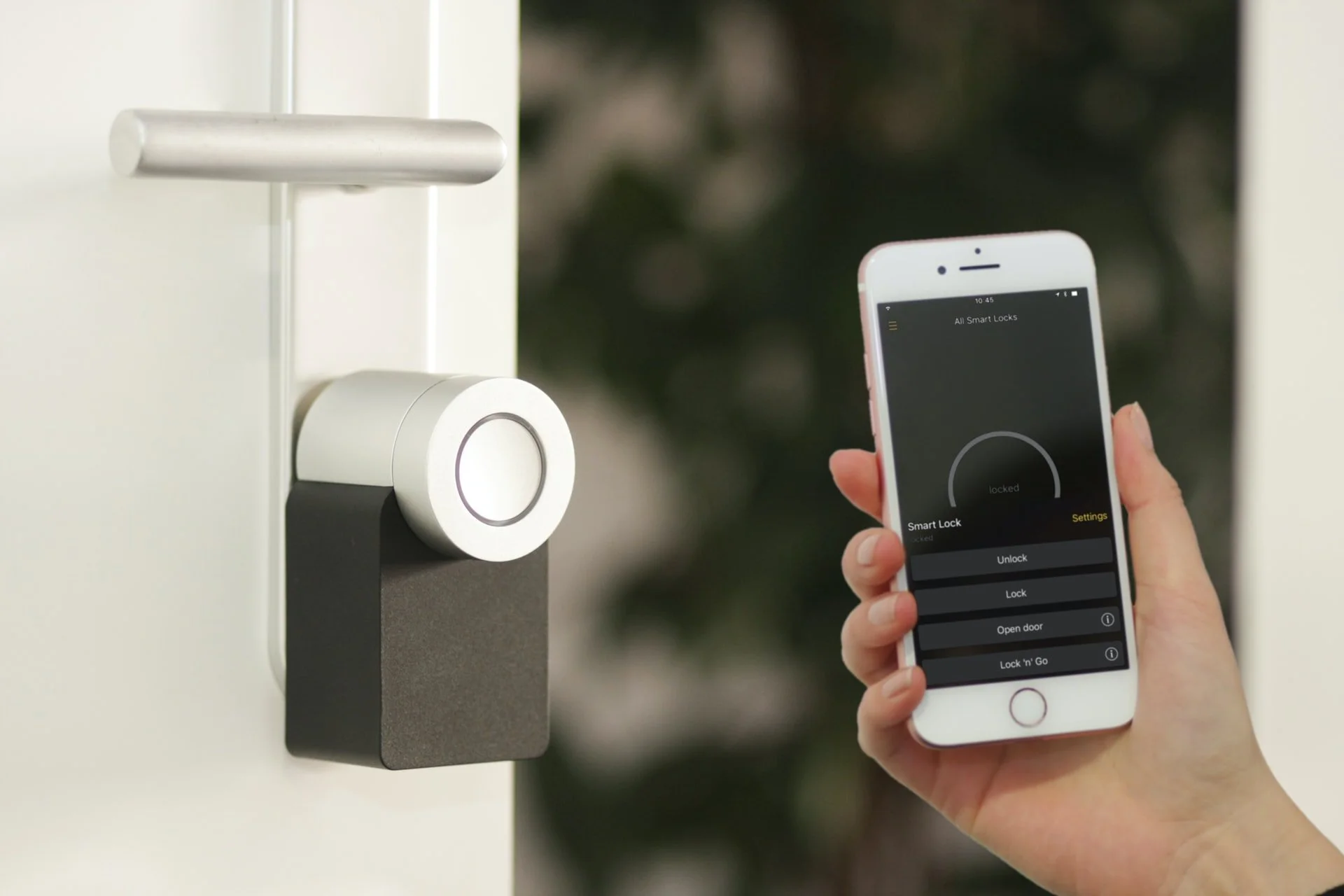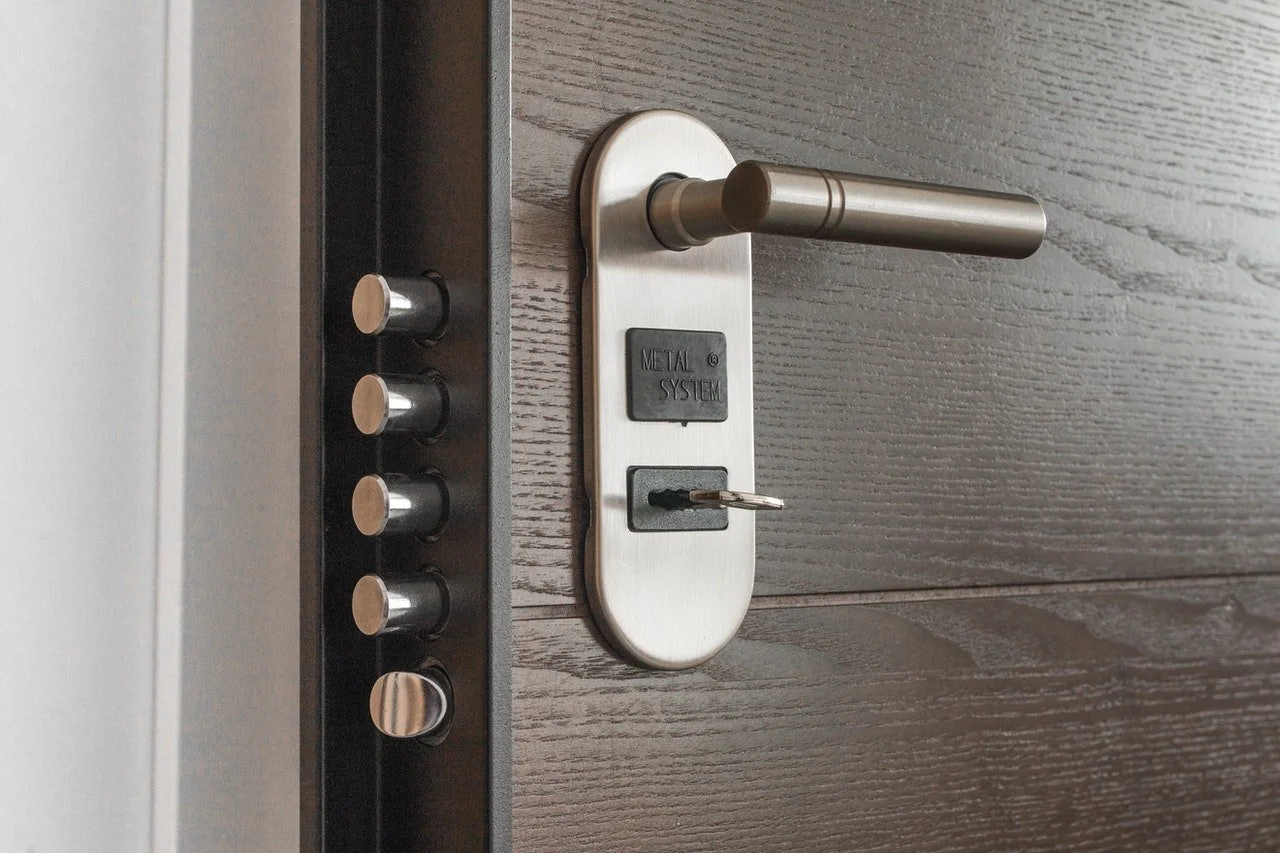The Coolest Tech Infrastructure in Modern Apartment Buildings
There's no shortage of innovative technologies being leveraged across industries. The consumer electronics market is booming, and smart home technologies are gaining massive popularity.
More than half of the nation’s total population consists of millennials, Gen Z, and younger generations. These younger populations are more likely to rent for longer, thanks to a combination of lifestyle preferences in major cities and barriers to property ownership. At the same time, they also expect technology to be more integrated into daily life — creating the perfect environment for tech innovation in real estate.
Modern apartment buildings are being updated with the latest technologies to improve residents’ quality of life. What are some of these tech innovations, and how will they make life easier for apartment dwellers?
Below, we'll explore some of the coolest tech infrastructure cropping up in apartment buildings and what benefits they offer.
Newest Tech Innovations in Modern Apartments
The "smart" apartment will become increasingly prevalent in the coming years. We're already seeing smart homes crop up nationwide, and adding smart devices to apartments can help landlords satisfy demands for new amenities and market their properties to new generations of young professionals.
Below, we'll explore some of the new technologies being used to make apartments more attractive to millennials and early Gen Z'ers.
1. Voice-Activated Technology
Digital voice assistants are carving out their place in the world of smart tech. From Amazon Alexa to Google Assistant, people are using this technology to their advantage. Statista estimates there will be more digital voice assistants globally than people by 2024.
Voice-activated assistants can help residents accomplish many tasks, such as ordering items directly from online retailers, making grocery lists, setting timers, listening to music, and more.
How is this being worked into multifamily properties? Jackson Park, a luxury complex in Long Island City, is making a splash in the New York rental market with the promise of voice-activated technology in these new developments. The developer is integrating automation features with word commands into outlets, lights and outlets.
This technology is expensive and can create privacy woes for residents, which will likely limit its popularity in the near future. However, other developers are likely to take the cue and think through how voice assistants can be integrated directly into apartment design.
2. Smart Locks and Keyless Entry
In a survey conducted by Schlage and Wakefield Research, it was found that 86% of millennials would pay one-fifth more for a smart apartment, which would include smart locks, smart thermostats, and lighting controls. Additionally, it's reported that 61% of Gen Y values home security and will pay more for electronic-access features.
It's always critical for apartment owners to provide enhanced security measures to ensure their residents' safety. Apartment owners can improve the value of their properties by installing smart locks or another integrated security system to control access.
3. Smart Thermostats
App-enabled smart thermostats can be a game-changer in a modern apartment building. Tenants can remotely control the temperature of their apartment when using a smart thermostat, and some will even monitor carbon monoxide levels.
Smart thermostats are getting increasingly advanced, as some of them come with touchscreen features and automation. Additionally, smart thermostats connect with many other smart devices around an apartment, which gives users ultimate control and makes their lives easier.
4. Smart Parcel Lockers
With the booming e-commerce market right now, it's no surprise that more consumers are ordering products online and having them delivered to their doorstep. One smart storage solution apartment complexes can implement in their lobbies are smart parcel lockers.
Companies such as LuxerOne, Quadient, and Package Nexus are some of the key players in the smart parcel locker market. It's expected that the market will grow in the coming years as more retailers reap the benefits of smart lockers.
With smart lockers, customers get notified about deliveries, save time and money, and benefit from next-level convenience. Additionally, it's been reported that a third of Americans had a package stolen in 2020, so these lockers can help prevent theft.
5. Built-In IoT Sensors
If you haven't yet heard of the Internet of Things (IoT), it'll only be a matter of time until it becomes commonplace in commercial, industrial, and residential environments. IoT technology is often described as a network of interconnected devices that can seamlessly communicate with each other.
Facility IoT technologies make apartment buildings smarter in the sense that utilities, such as water heaters and leak detection systems, can be remotely controlled by building managers or operators. Other examples of IoT technology include managed wireless networks and connectivity throughout the apartment complex.
It's fascinating to see technology become more widely integrated into apartment buildings. More apartments will increase in value due to the latest technologies. Modern facilities are certainly more attractive compared to legacy buildings with outdated tech.
Consider Smart Technology When Renting an Apartment
Tech infrastructure can play a significant role in apartment buildings, and it's likely we'll see more tech enter the space as time goes on. Modern technology will transform basic apartments into smart apartments, creating smart buildings and leading to the ultimate smart city. Keep an eye out for other emerging technologies, as they could be quite impactful in the future.
Author
Evelyn Long is the editor-in-chief of Renovated. Her real estate work has been published by the National Association of REALTORS®, Rental Housing Journal, and other online publications.
Have a listing you think should be featured contact us or submit here to tell us more! Follow Off The MRKT on Twitter and Instagram, and like us on Facebook.










